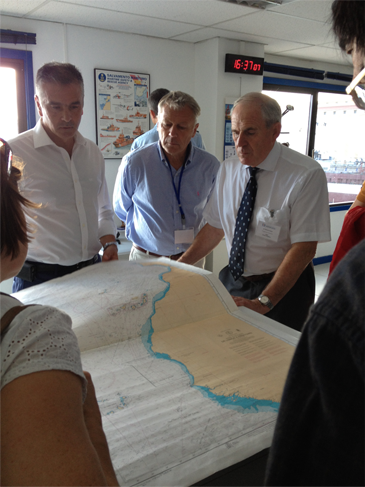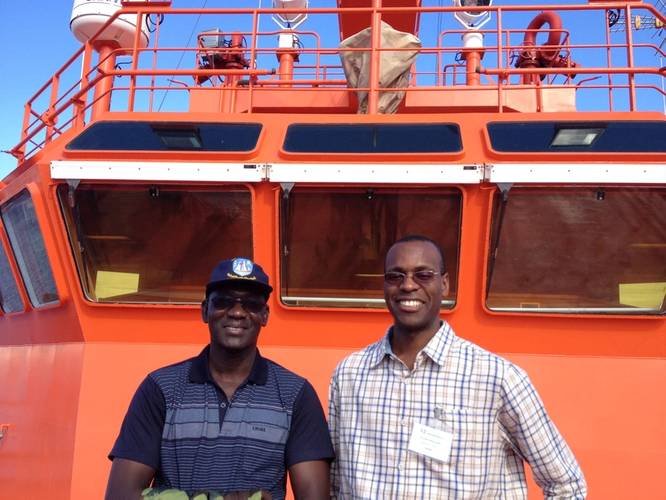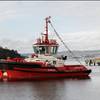Main Cause of NW African Search and Rescues: Fishermen
Fishermen with poor communications and safety equipment are one of the main reasons for search and rescue (SAR) call-outs off the coasts of North and West Africa.
This was one of the main issues raised at the North West African meeting of the International Maritime Rescue Federation (IMRF) recently held in Gran Canaria. As well as representatives from the region several European SAR organisations also attended.
The meeting was told that along the coast of Senegal alone there are some 13,000 artisanal fishermen, who often are not equipped to alert the authorities if they get into trouble. This problem is repeated along much of the African coast.
There have also been changes in fishing techniques in recent years which, when they are employed using traditional fishing craft, can cause them to capsize. It was agreed that the dangers identified were not just a SAR issue but also required a community approach to encourage a safety culture.
Another challenge some of the States represented at the IMRF meeting face is the increasing number and size of cruise ships operating in their areas. The increased possibility of a mass rescue operation being required highlights the need for SAR organizations to develop plans to manage this risk. The IMRF is running a project which will assist this planning process.
The ability to access funds for non-capital SAR requirements such as training is also a continuing challenge in the region. Examples were given of equipment being provided but with no provision to train those expected to use it.
IMRF Chief Executive Bruce Reid says “The development of the North and West Africa Regional SAR Plan has improved communication and collaboration and the overall SAR response and capability of the region – but there is still work to be done.
“Regular meetings, combined with training, are bringing the groups closer together and possible expansion to include other African States and observers from European SAR agencies would enhance this activity.”
In the Canary Islands themselves SAR organizations identify pleasure craft and particularly the increasing number of small water craft such as kayaks, windsurfers and jet-skis, as a problem area due in part to a lack of knowledge and understanding on the part of the users, and reliance on technology over seamanship in some cases.
Maritime adventurers engaged in single-handed voyages were mentioned as being a small but frustrating problem group. The emerging challenge presented by the developing offshore oil & gas industry in this region was also highlighted.
The matter of ‘migrants’ was discussed. Despite the recent disasters off Lampedusa and elsewhere in the Mediterranean, this risk group was no longer a major problem for the North and West Africa region, with significant work having been undertaken to address the matter. Numbers of migrants have dropped from 30,000 intercepted in 2006 to 340 in 2011. But while the migrant issue is not a major challenge at present it is recognised as still being a potential risk for the future.
The problems outlined above, the meeting heard, were being addressed through the introduction and enforcement of new regulations to lift overall safety standards. Improved reporting had also allowed the types of incidents occurring to be analysed and targeted, with interventions primarily through inter-agency cooperation, local community short courses and training, and by utilising local radio to broadcast safety messages.
Public education and awareness strategies are also being used with some success to target the pleasure boat group in Gran Canaria.
Public campaigns are run at targeted times to raise awareness and improve safety behaviours. This is an ongoing challenge as the main groups being targeted are transient: mainly holiday-makers or short-term residents.
The IMRF said it remains fully committed to working with and supporting its partners in this rapidly developing SAR region.

















